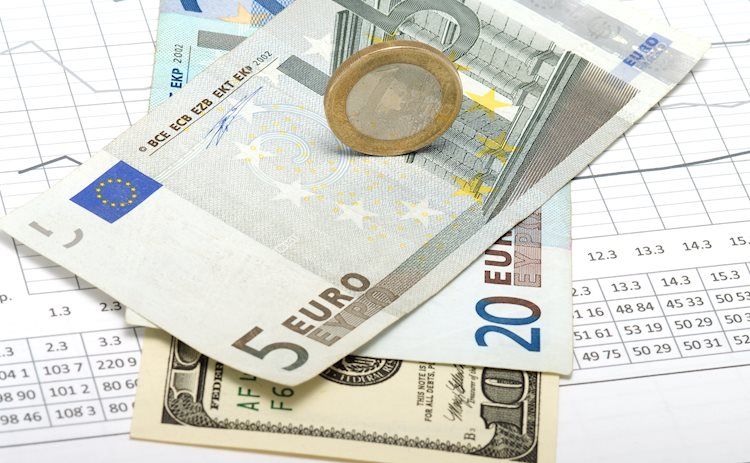Time: 2024-07-03

German inflation has slowed down after two consecutive months of acceleration, indicating potential challenges in the country's economic recovery. Consumer prices in June rose by 2.5% from a year earlier, down from 2.8% in May, with energy costs continuing to decline. Goods and services were also affected, highlighting concerns about the overall economic situation. Inflation reports from France and Spain also showed a moderation, while Italy saw a slight increase but still below 1%. The Eurozone's inflation gauge is predicted to slow down to 2.5% from 2.6%, affecting the European Central Bank's interest rate decisions.
The German economy's sentiment has shown signs of weakening, impacting price pressures in the country. Despite some positive developments, such as wage growth and potential improvements in certain sectors, the overall economic outlook remains uncertain. The European Central Bank's plans for interest rates and inflation targets further complicate the situation, with varying predictions from different sources. Joachim Nagel, head of Germany's central bank, has emphasized the need for stronger economic foundations and investment to drive growth.
The Euro has experienced fluctuations in response to political developments and inflation concerns. The far-right dominance in France's legislative elections had initially boosted the Euro's appeal, but uncertainties surrounding future outcomes remain. German inflation data for June showed a decline, leading to speculations about potential ECB rate cuts. The Eurozone's overall economic performance and upcoming data releases will continue to influence the currency's movements.
EUR/USD has seen fluctuations in response to the US Dollar's performance and economic data releases. The Federal Reserve's rate cut projections and the US manufacturing PMI data have also contributed to market movements. Technical analysis suggests that EUR/USD remains below the 200-day EMA, indicating a bearish trend. The RSI levels reflect market indecisiveness, highlighting the need for caution in trading decisions. Overall, the Euro's performance will be closely tied to global economic conditions and central bank policies in the coming weeks.